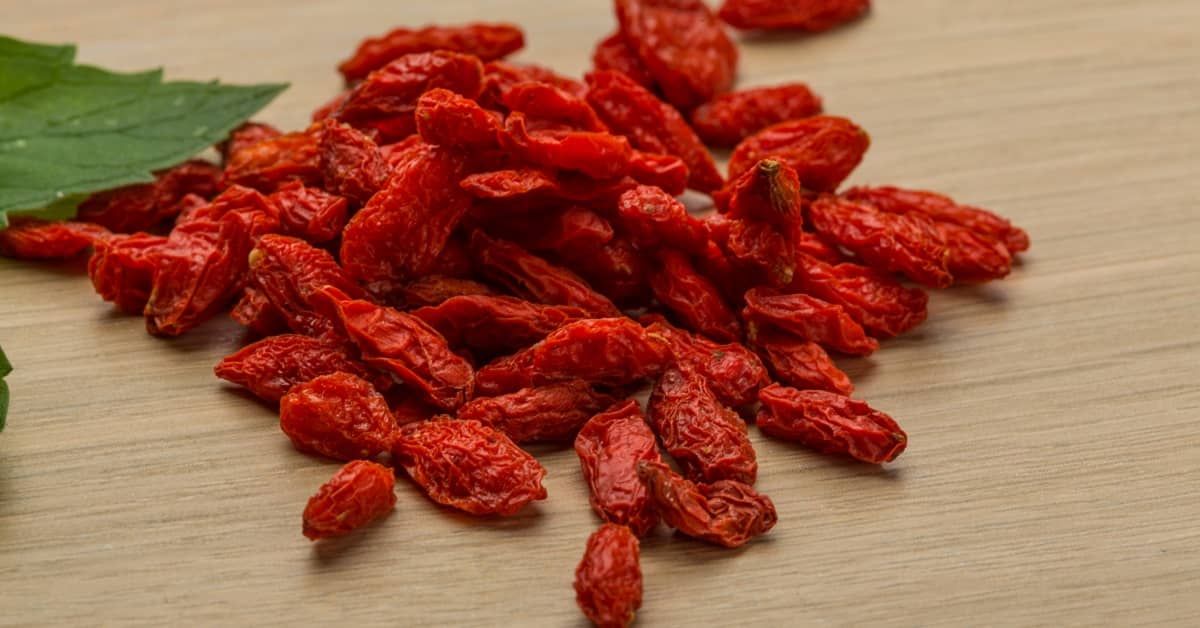
Significantly Improves Memories
Last year a research group from China carried out a review of the neuroprotective effects of this medicinal herb in animal models of Alzheimer’s. They published their findings in the journal BMC Complementary and Alternative Medicine. Starting with 91 articles, they narrowed it down to 15 studies that met their criteria for high quality. Even though researchers investigated different Alzheimer's models, regions of the brain and multiple types of memory deficits, they found berberine had consistent anti-Alzheimer's effects, improving cognition and preventing memory loss. The researchers wrote that "berberine showed significant memory-improving activities with multiple mechanisms... Overall we think that berberine can be a promising multipotent agent to combat Alzheimer’s disease."A Four-Pronged Attack on Alzheimer's
Researchers believe berberine is effective because it works in four important ways. The first is through berberine’s numerous antioxidant properties. The herb reduces fat peroxidation, the fancy name for the process whereby free radicals damage fats in cell membranes. Berberine also reduces production of reactive oxygen species (ROS) regarded as a critical factor in the dysfunction and death of brain cells. In addition, berberine increases the activity of glutathione, one of the body's most important and potent antioxidants. Second, berberine has strong anti-inflammatory properties. It impedes a number of cell-signaling pathways linked to inflammation such as TNF alpha, NF-κB, and MAPK. Third, berberine acts against cholinesterase, the enzyme that inhibits the production of the important neurotransmitter, acetylcholine. Acetylcholine allows brain cells to communicate and is critical for memory and learning. The final mechanism by which berberine fights Alzheimer's disease is by lowering expression of amyloid beta proteins and decreasing tau tangles. The latter are proteins researchers have long suspected may play a role in the disease. In a healthy brain, tau helps structures within nerve cells transport nutrients, but in Alzheimer’s, tau collapses into tangles, nutrient transport ends, and cells die.Fights Dementia Associated with MetS
Although no human trial exists to support the use of berberine for memory loss, it has been tested in patients with conditions that make up metabolic syndrome (metS), which includes patients with diabetes, high blood pressure, high levels of harmful blood fats, and obesity. All these conditions increase the risk of Alzheimer's, especially diabetes. Researchers found that 500 mg of berberine three times daily helped diabetics control blood sugar just as well as metformin, probably the most common drug prescribed for the condition. The researchers described it as a "potent oral hypoglycemic agent." Later trials confirmed these findings. In addition, berberine significantly lowered high total cholesterol, triglycerides, LDL "bad" cholesterol, blood pressure, body weight and inflammation. It also improved the function of endothelial cells that line the blood vessels. In a recent review of the literature, researchers from the United Kingdom, Japan and China reached the important conclusion, "Berberine could impede the development of dementia via multiple mechanisms: preventing brain damage and enhancing cognition directly in the brain, and indirectly through alleviating risk factors such as metabolic dysfunction, and cardiovascular, kidney and liver diseases. "This study provided evidence to support the value of berberine in the prevention of dementia associated with MetS." Given the rise in metabolic syndrome among the world’s population and its links to dementia, this is great news. But having said all this, I have to add that berberine is not an FDA-accepted treatment for either metabolic syndrome or dementia. The available evidence does not meet their standards, and in any case no pharmaceutical company sees a profit in trying to win approval for a natural treatment. Our sister company, Green Valley Natural Solutions, offers a clinical dose of berberine in its blood sugar support supplement Gluco-Secure. The supplement contains other ingredients that are entirely safe as well. My only caution would be to monitor your blood sugar, especially if you are already taking a diabetes medication like metformin. After trying berberine you may find your doctor saying you don’t need the meds anymore. You don’t want your blood sugar to become too low. That can be very dangerous. Many companies offer berberine, it’s not as if we discovered it, but Green Valley does vouch for the high quality of our ingredients, which are tested and checked out very carefully by independent labs. Believe me, not every supplement out there contains what the label claims, so you should always make sure to get any supplement you buy from a quality brand.- https://www.ncbi.nlm.nih.gov/pmc/articles/PMC6533761/ Neuroprotective effects of berberine in animal models of Alzheimer’s disease: a systematic review of pre-clinical studies
- https://www.ncbi.nlm.nih.gov/pmc/articles/PMC2410097/ Efficacy of Berberine in Patients with Type 2 Diabetes
- https://www.ncbi.nlm.nih.gov/pmc/articles/PMC6485276/ Berberine in Cardiovascular and Metabolic Diseases: From Mechanisms to Therapeutics
- https://pubmed.ncbi.nlm.nih.gov/32005442/ Berberine for prevention of dementia associated with diabetes and its comorbidities: A systematic review
